Author: Mandy Gillip
-
U.S. Supreme Court issues ruling in two cases on July 1
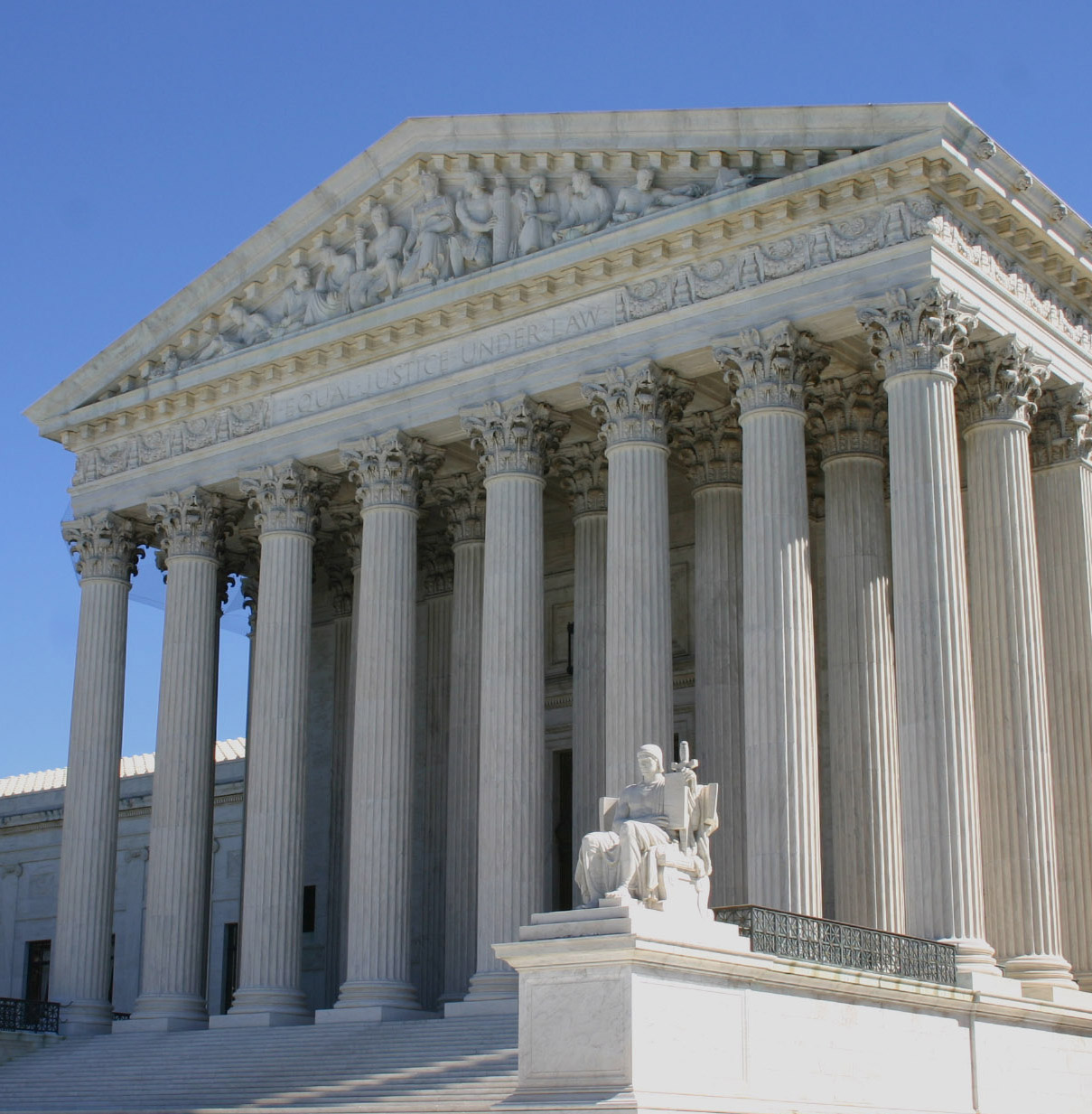
The Supreme Court of the United States (SCOTUS) issued rulings in two cases on July 1. One case—Americans for Prosperity v. Bonta—was argued during the court’s April sitting, while Brnovich v. Democratic National Committee was argued during the court’s March sitting. In Americans for Prosperity v. Bonta, the Thomas More Law Center and Americans for…
-
U.S. Supreme Court issues rulings in three cases on June 25

The Supreme Court of the United States (SCOTUS) issued rulings in three cases on June 25. One case—Transunion LLC v. Ramirez—was argued during the court’s March sitting, and two cases—Yellen v. Confederated Tribes of the Chehalis Reservation and HollyFrontier Cheyenne Refining, LLC v. Renewable Fuels Association—were argued during the court’s April sitting. Transunion LLC v.…
-
U.S. Supreme Court issues three rulings on June 17
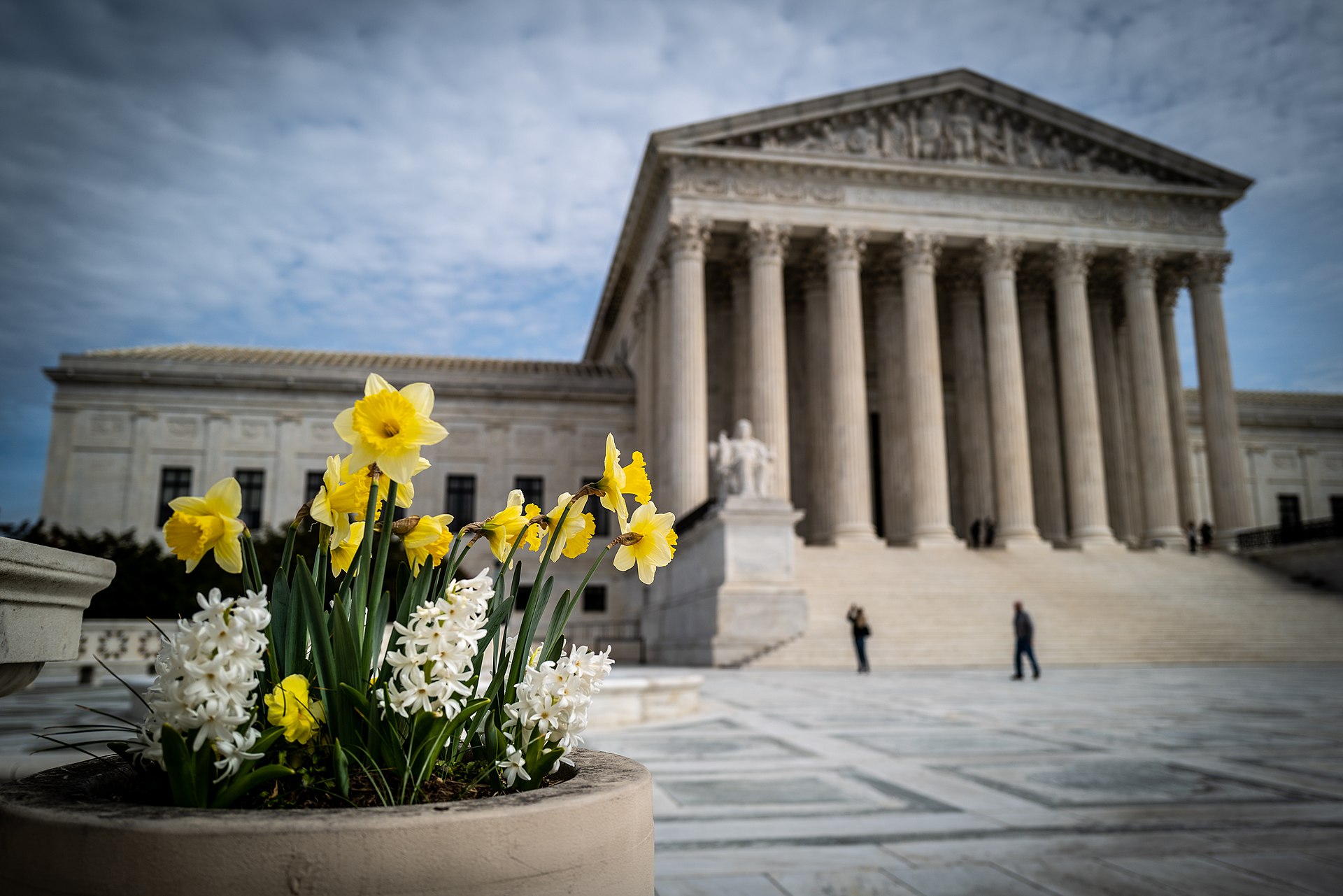
The Supreme Court of the United States (SCOTUS) issued rulings in three cases on June 17. Two of the cases, Fulton v. City of Philadelphia, Pennsylvania, and California v. Texas, were argued during the court’s November 2020 sitting. The third case, Nestlé USA v. Doe I, was argued during the court’s December 2020 sitting. Fulton…
-
Spring elections held in Wisconsin
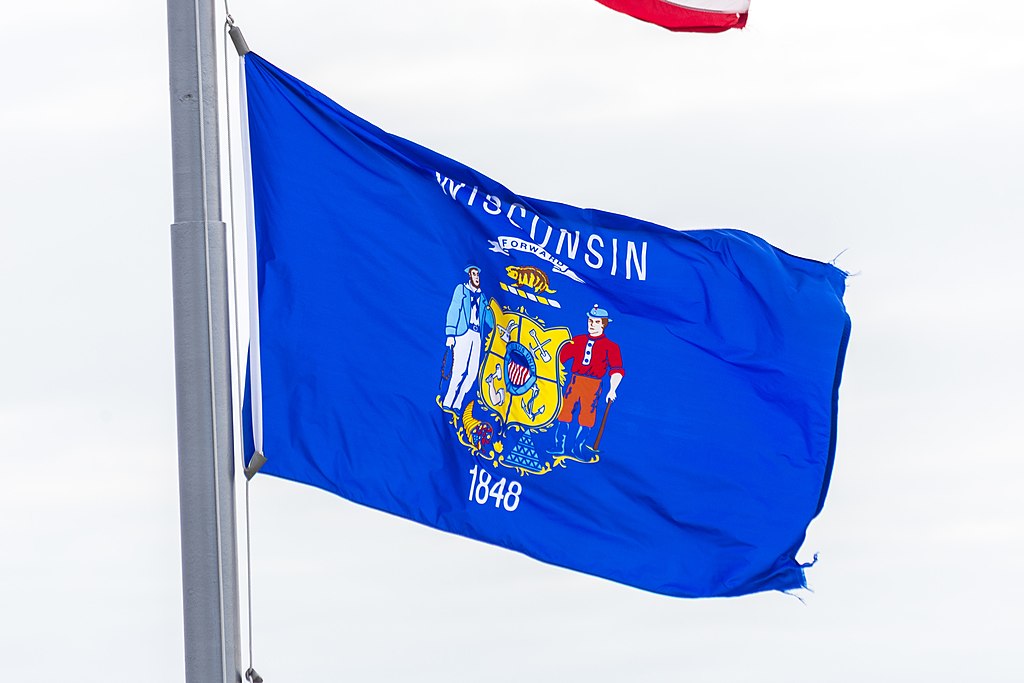
The statewide nonpartisan general election for Wisconsin was held on April 6. The primary was held on February 16, and the filing deadline to run passed on January 5. Candidates ran in elections for special elections in the Wisconsin State Legislature, three judgeships on the Wisconsin Court of Appeals, and in municipal and school board elections.…
-
Chief Judge Timothy Stanceu to assume senior status in April 2021

Chief Judge Timothy Stanceu of the United States Court of International Trade announced that he will assume senior status on April 5, 2021. Stanceu joined the court in 2003 after being nominated by President George W. Bush (R). He became the chief judge on July 1, 2014. Stanceu graduated from Colgate University with his bachelor’s…
-
Filing deadline passed Feb. 11 for special election in California Assembly district
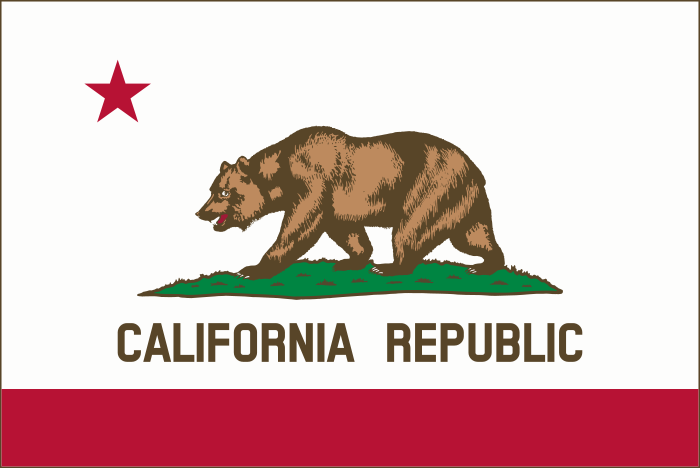
Candidates interested in running in the special election for California State Assembly District 79 had until February 11, 2021, to file. The primary election is scheduled for April 6, and the general election is scheduled for June 8. The special election was called after Shirley Weber (D) left office due to her appointment as California…
-
Oklahoma school districts to hold primary elections on Feb. 9
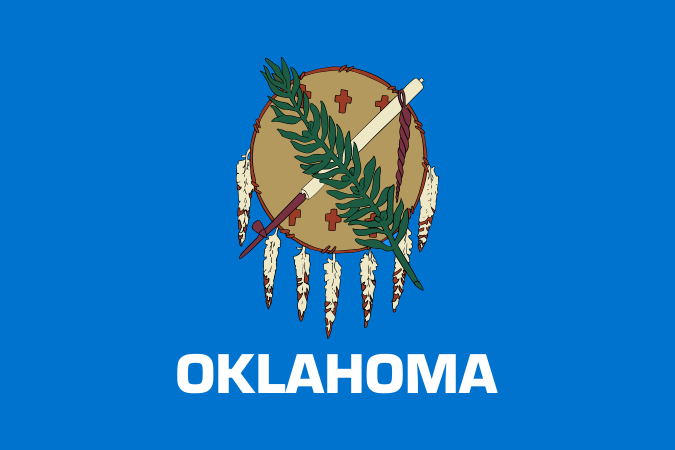
The nonpartisan primary election for school board seats in Oklahoma is on February 9, 2021. Candidates are competing to advance to the general election scheduled for April 6, 2021. The filing deadline passed on December 9, 2020. Five school districts within Ballotpedia’s coverage scope are holding primary elections for five seats. In Oklahoma, school districts…
-
Oklahoma school board candidates vie for 33 seats in 2021
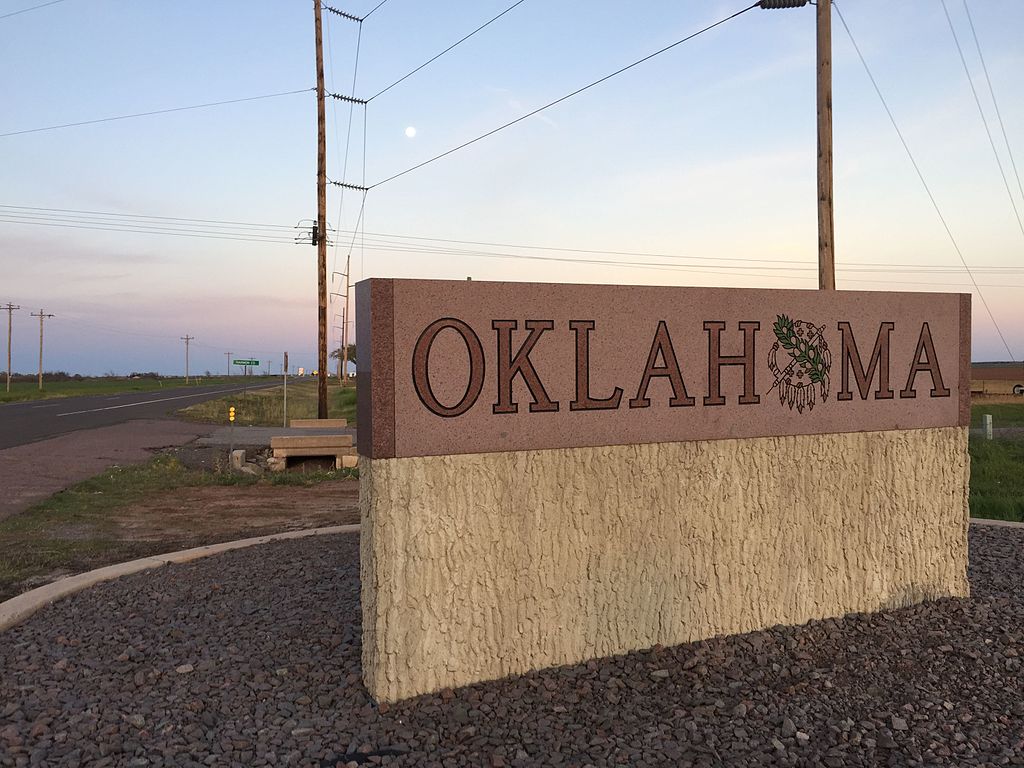
On December 9, 2020, the filing deadline passed to run for 33 school board seats across 26 school districts covered by Ballotpedia in Oklahoma. Of the 58 candidates who filed in these school board races, 24 are incumbents seeking re-election to their seats. The primary is scheduled for February 9, 2021, and the general election…
-
Thomas Kirsch confirmed to U.S. Court of Appeals for the 7th Circuit
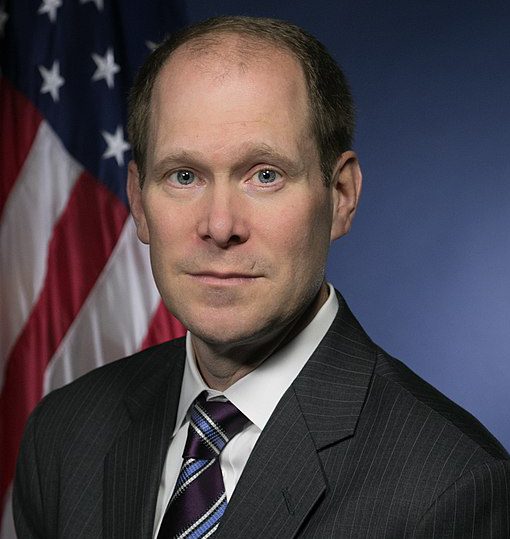
The U.S. Senate confirmed nominee Thomas Kirsch to the U.S. Court of Appeals for the 7th Circuit. He was nominated to the court by President Donald Trump (R) on November 16, 2020, and confirmed by a 51-44 vote of the U.S. Senate on December 15, 2020. He will join the court upon receiving his judicial…
-
Alaska Supreme Court Chief Justice to retire in June 2021

Alaska Supreme Court Chief Justice Joel Bolger is retiring on June 30, 2021. Bolger’s replacement will be Gov. Mike Dunleavy’s (R) second nominee to the five-member supreme court. Bolger joined the Alaska Supreme Court in 2013. He was appointed by Gov. Sean Parnell (R) to succeed Justice Walter Carpeneti. He became chief justice of the…

